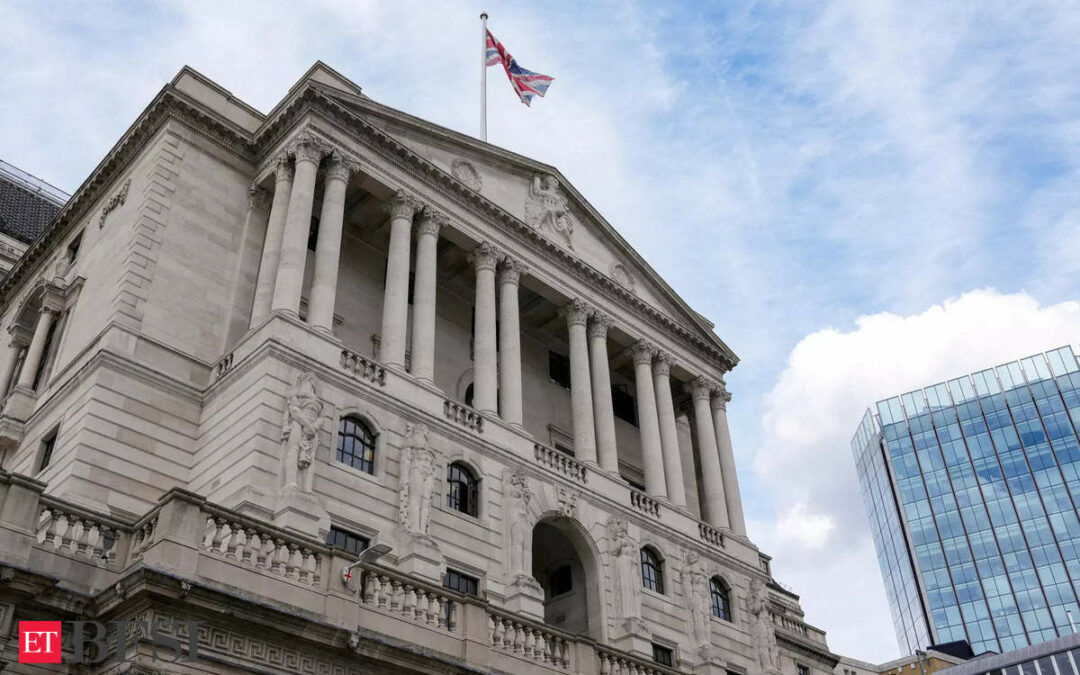In the United Kingdom, official figures released on Wednesday indicate that inflation remained steadfast in September, holding at 6.7 percent. While the rate of food and beverage price hikes ceased, the uptick in gasoline costs for vehicles balanced out the decline, leaving economists disheartened as they had foreseen a minor dip.
This persistent inflation rate underlines that UK inflation continues to stand at over three times the Bank of England’s coveted two percent target rate. At its forthcoming policy meeting in early November, the Bank is not expected to instigate a surge in interest rates, opting instead to sustain its principal borrowing rate at the ongoing 15-year high of 5.25 percent.
The Bank of England recently concluded a nearly two-year cycle of interest rate escalations as inflation dwindled from its previous multi-decade pinnacle, exceeding 11 percent. At present, most experts anticipate a substantial dip in inflation during the upcoming month.
“Progress in curbing inflation has momentarily hit a roadblock,” as per James Smith, the research director at the Resolution Foundation think tank. “It is anticipated to experience a substantial drop next month, dipping below 5 percent, especially as energy prices ease for the majority.”
Worldwide, central banks, including the Bank of England, embarked on an assertive strategy to elevate interest rates from near-zero levels to counterbalance the price surges triggered by supply chain disruptions during the COVID-19 pandemic and the ramifications of Russia’s Ukraine invasion, which escalated food and energy costs. These heightened interest rates, effective in tempering economic fervor by amplifying the cost of borrowing, have played a pivotal role in restraining inflation on a global scale.
While most economies skillfully sidestepped recessive conditions, apprehensions persist regarding the potential contraction of the British economy in the approaching months, constituting a challenge for the ruling Conservative Party with an impending general election.
The United Kingdom presently boasts the highest inflation rate among the Group of Seven major industrialized nations, with the United States reporting a rate of 3.7 percent. Certain economists attribute this to the UK’s withdrawal from the European Union, which has spurred workforce shortages in specific industries and trade disputes, thereby amplifying corporate expenditures.
The immovable inflation data raises concerns, especially among homeowners, who harbor concerns of prolonged high rates. Due to the temporal gap between actual rate hikes and their repercussion on mortgage rates, numerous homeowners and tenants have not yet confronted augmented housing expenses.
In contrast to the United States, where homeowners frequently secure mortgage rates over extended durations, most UK homeowners confine their rates to a brief span. Those on the brink of mortgage contract expiration are mindful of the considerably increased borrowing costs they may confront, given the recent rapid surge in interest rates.










